A baby hippo named Moo Deng has gone viral. Many tourists find it necessary to make a pitstop at Khao Kheow Zoo in Thailand to see her. But how did this small creature rise to fame?
Moo Deng was born on July 10th at the Khao Kheow Zoo in Thailand. She’s a pygmy hippo, a special type of hippo that’s much smaller in size compared to normal hippos. In her two months of being alive, videos of her playing with her keepers, running around her enclosure and getting sprayed with water have gotten thousands of views starting the cause of her fame. She even has a logo of her chosen by a vote on Facebook as of October 10th.
According to CBS news, people who know of her or have watched her videos, say she went viral for being so relatable because of her looks and energetic personality, others say it’s because she’s an endangered species. Her zoo enclosure became so popular that visitors could only visit her and her moms exhibit for no more than five minutes.
Viewers enjoyed watching Moo Deng grow up on Tiktok and other social media platforms posted by the keepers at the Khao Kheow Zoo, as well as learn how to behave around others. However she can sometimes have some attitude, reportedly biting zoo keepers causing some controversy among viewers.
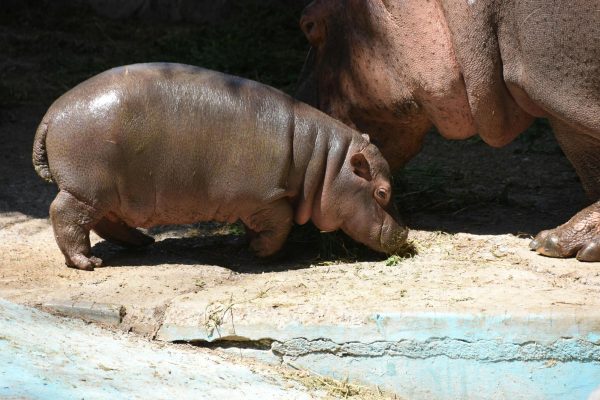
Although Moo Deng’s fame has been beneficial to the zoo and community around it, it has also caused some issues. People who visit the zoo only get five minutes to see her exhibit which causes overcrowding and can sometimes be overwhelming for the animals. Visitors also throw items into the exhibit like water which disrupts their environment. Recently an article has been published showing a woman firing a slingshot into the zoo that Moo Deng lives in. This is very dangerous and harmful to the animals in the zoo.
President of the Animal Advocacy Club at Millikan High School, Amelia Parra, says, “Social media platforms have made it easy to share images and videos of animals which can lead to unintended consequences”.
Moo Deng’s fame will continue to rise as she grows up. You can find her videos on social media platforms like YouTube and Instagram.










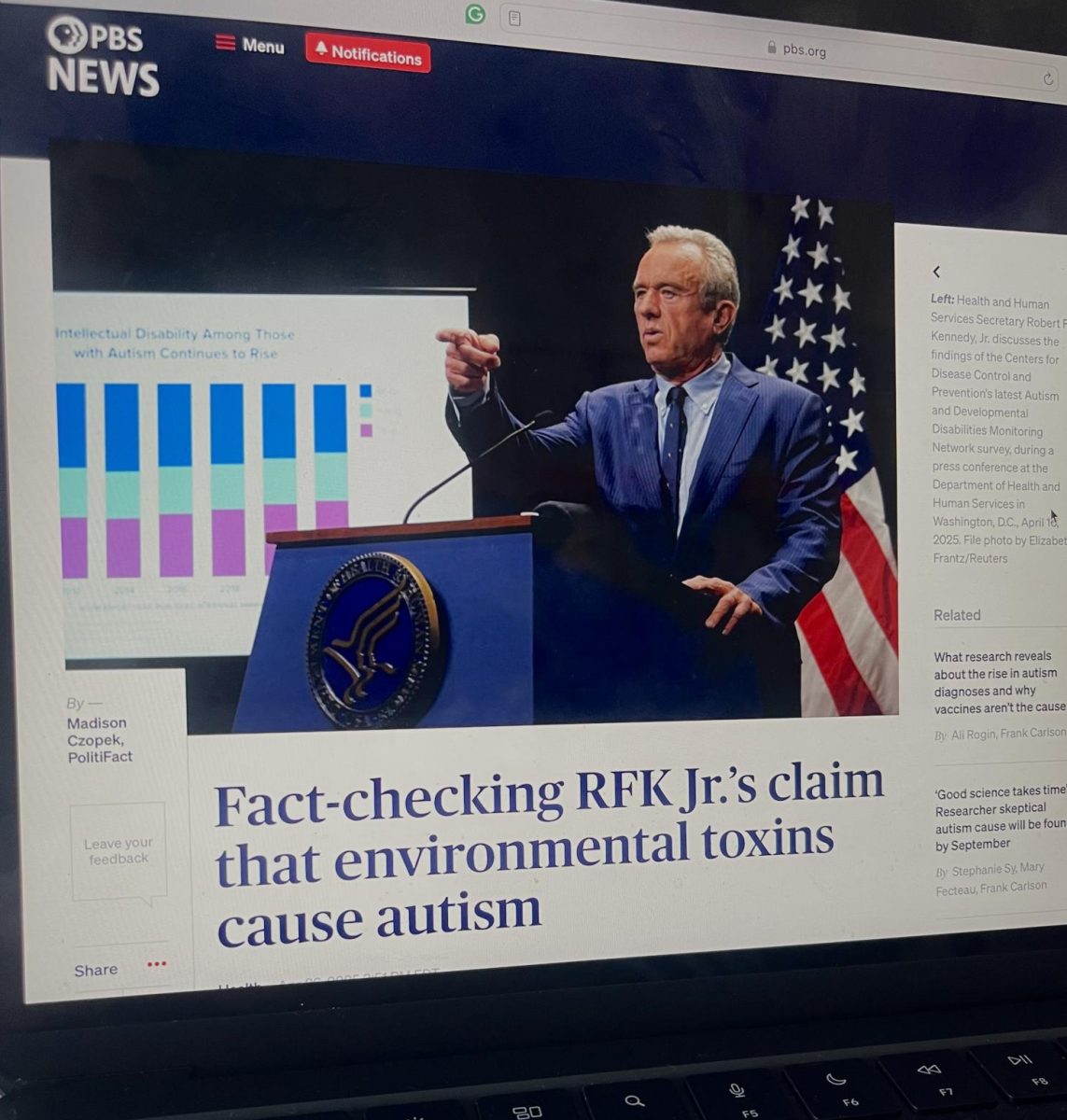









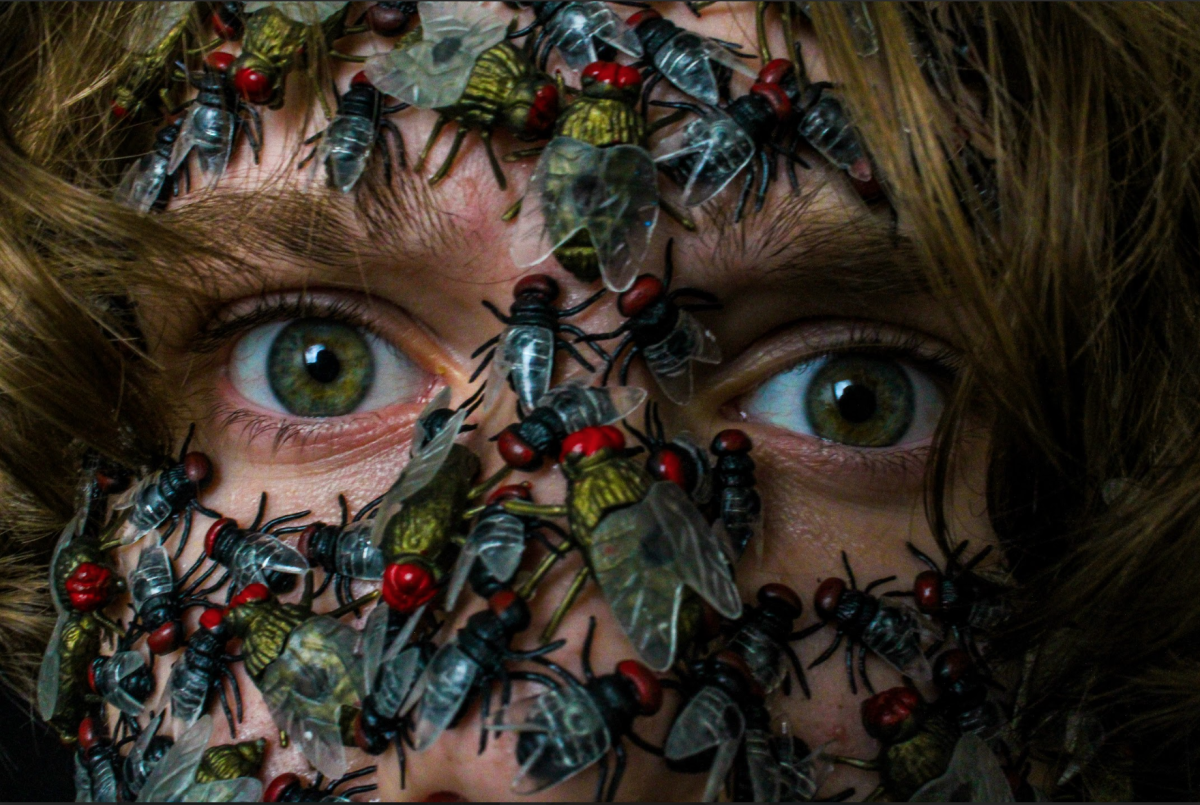


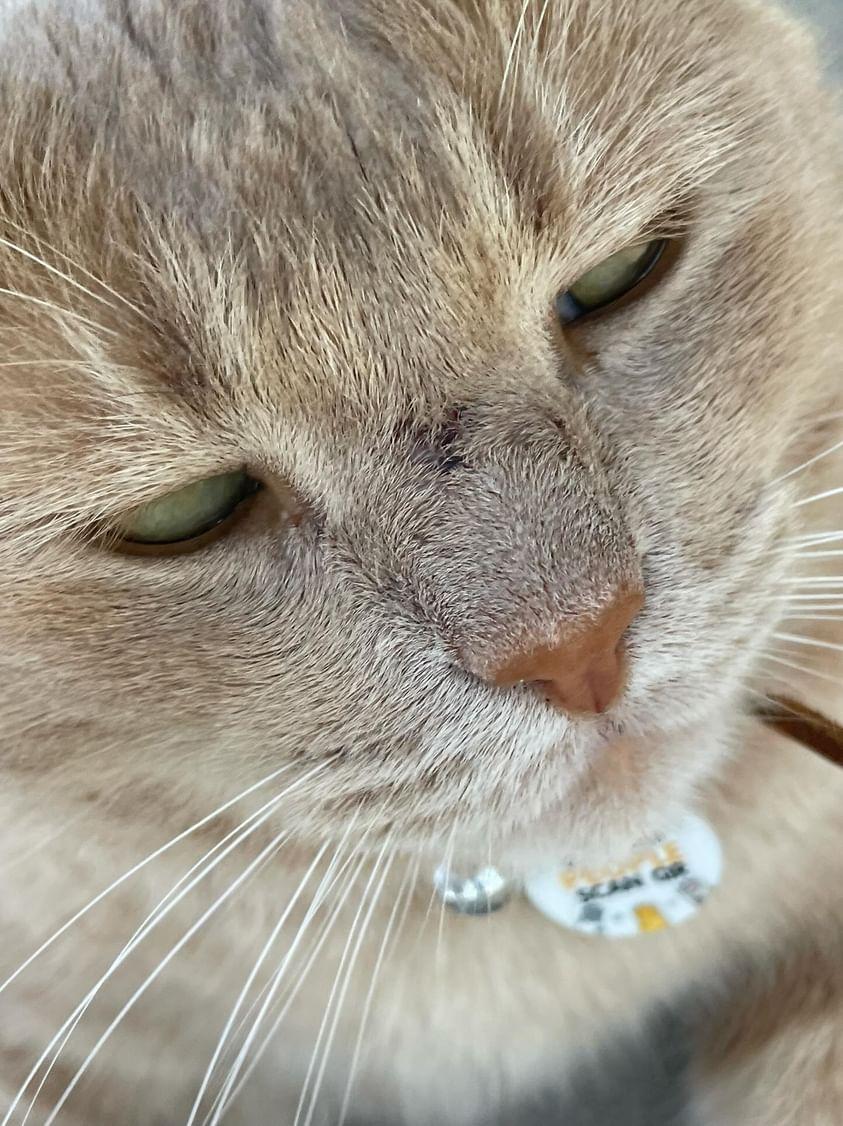
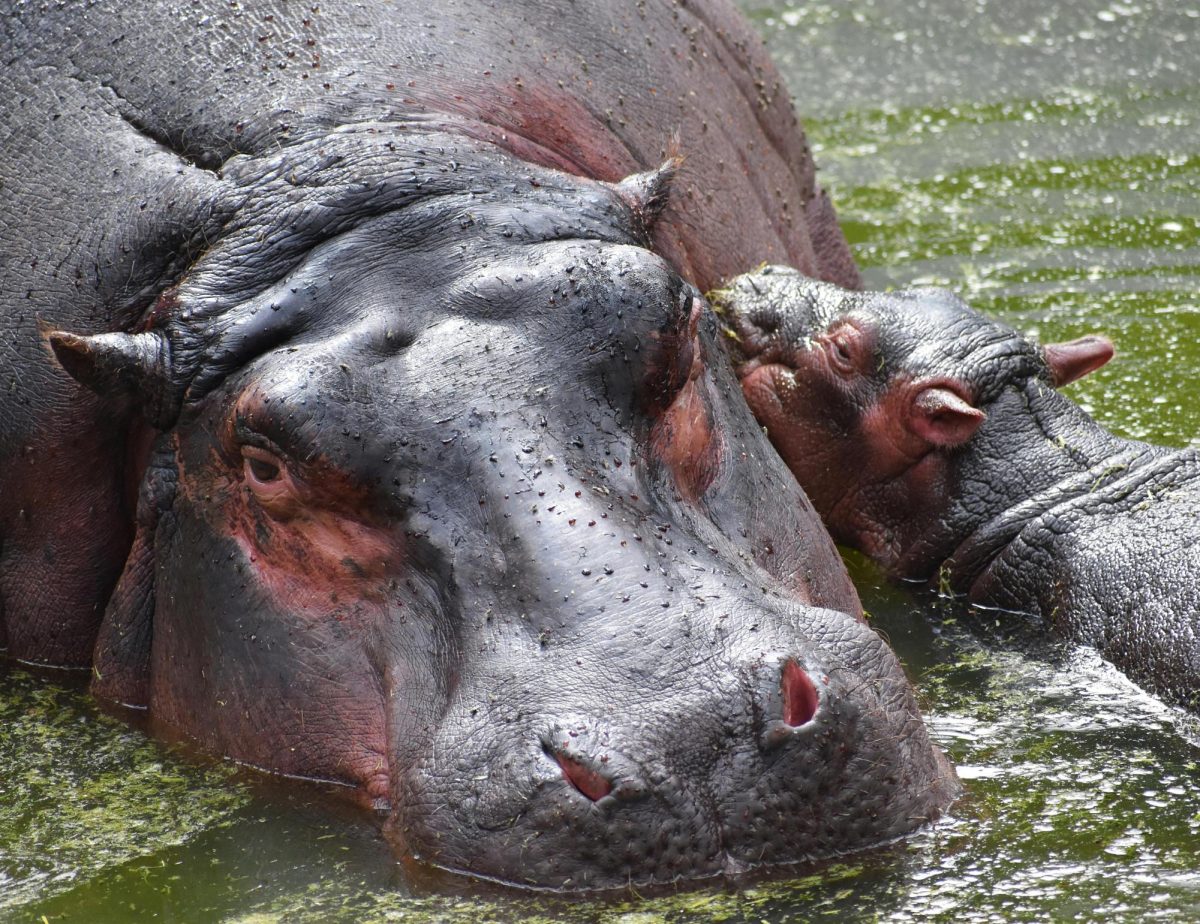




Josh E. Lide • Nov 25, 2024 at 3:09 pm
Dear Editor,
I have recently read the article “moo Deng: The Viral Baby Hippo Bringing Attention to Endangered Species” published on October 10, 2024 by the student reporter Amelia Parra. This article brings to light the rising fame of the baby pygmy hippo known as Moo Deng at the Khao Kheow Zoo in Thailand and the impact on the zoo and community.
I should first commend Amelia for her very insightful writing that not only captures the heartwarming story of Moo Deng but delves into the broad implications of why she has gone viral as well. The article is effective at illustrating how social media is powerful at raising awareness around the world like endangered animals.
However, I too share Parra’s concern with the unintended issues that my come with the fame of Moo Deng. Though her fame has brought the needed attention to Moo Dengs species, it also has led to common problems of overcrowding and potential disturbances to the animals environment. This brins up the question about how we can fixed this situation and more to come because of the popularity that has grown.
For the occuring problems, I’d suggest the zoo to have times entry tickets which may allow visitor flow to be more efficient while ensuring the safety of the people and more importantly the animals. Programs informing visitors about the safety and respect towards the animals may also be helpful in these efforts.
I would like to add onto this discussion by question if this fame the zoo has proudly spread around is sustainable for a longer period of time. Though it has help aid the important notice of the endangerment of the species, it is important to consider the long term effects this may birth especially for an endangered species.
In conclusion, this story about Moo Deng and the testament to the power of social media in efforts in conservation. However it also serves us a reminder of the need of the responsibility of engagement and the importance of respecting and priotizing animal welfare.
Best regards,
Josh E. Lide
Daniel Martinez • Nov 20, 2024 at 10:19 pm
October 29, 2024
Dear Corydon Editor,
On October 29, 2024, Lucia Chan wrote an article titled “The Viral Moo Deng Hippo”
Your article, on Moo Deng caught my attention. The pygmy hippopotamus that became a sensation, at Khao Kheow Zoo. I must say kudos for bringing to light her journey to stardom. The way it has influenced the zoo and its visitors.
The charming demeanor of Moo Deng and the delightful videos showcasing her nature have truly captivated an audience’s interest. Your article skillfully showcases the elements of her rising fame. Shedding light, on conservation efforts for species. While also addressing the accompanying obstacles. I was especially moved by your discussion on overcrowding and the irresponsible actions of visitors. An observation indeed. It’s a worry that the allure of media stardom might at times neglect the welfare of the animals, in question.
Perhaps it could be beneficial to delve into how the zoo could improve visitor management strategies or introduce safeguards to ensure Moo Deng is safeguarded from disturbances; this way other zoos dealing with similar issues might find viable solutions too. Moreover, it would be fascinating to learn more, about the use of media in promoting awareness while safeguarding animal welfare.
Thanks, for telling us about Moo Deng’s experience and bringing up concerns regarding the outcomes of becoming famous online.
Sincerely,
Daniel Martinez
Lark Chan • Nov 9, 2024 at 8:57 pm
Good job, keep it up! I am very proud of you:). YeYe
Alex Sok • Nov 6, 2024 at 10:57 am
November 6, 2024
Dear Corydon Editor,
I have read through the article “The Viral Moo Deng Hippo” written by Lucia Chan. The article is great at going in-depth on who exactly Moo Deng is and some possible reasons for the hippo’s popularity, but it is worrying that some visitors have been throwing items into the exhibit: I wonder if there has been any infamous and/or severe cases. I think it would’ve also been nice to see an image of the logo, but I do like that a hyperlink is included to another article about the logo, at the least. I also find it absurd how quickly Moo Deng’s image spread throughout social media, and as Amelia Parra said, social media made it so much easier to share things, and can have many consequences, intended or not. I do wonder if the general public has been allowed to be in closer proximity in Moo Deng, or even in contact with the hippo.
The article does yet another great thing by allowing the audience to quickly engage themselves with the tiny Moo Deng in not only guiding them to a YouTube page and referencing the virality on TikTok, but also even including a hyperlink to Moo Deng’s Instagram. I don’t want to know just about Moo Deng, however. I would like to read a little more into the zoo Moo Deng is at as well as the keepers that take care of the hippo. I wonder, when overcrowding is mentioned at the exhibit, how extreme is it?
Sincerely,
Alex Sok
Melissa Centeno • Nov 6, 2024 at 8:55 am
The article talks about a viral extent of fame within the viral Hippo Moo Deng however, with so much fame, it has consequences of issues. Despite the viral Hippo bringing happiness and wholesomeness towards its visitors, this can go on to a dangerous act towards its zoo. I like how Amelia mentions how Social Media Platforms can lead to a good cause but can lead to unintention acts. I also agree how visitors get atleast 5 minutes on seeing Moo Deng since it will lower the harm toward other zoo animals too and how this changed the tone in the analysis towards how serious this situation can be. However, I can see how the audience may disagree on this statement as mentioned before Moo Dengs fame will rise for along time. Although others disagree, this would be convenient for staff members located at the zoo to have their job easier. This article did a great job with informing us on a viral happening and what can truly go on, it lets u know to enjoy it still. Great article to learn both sides!
Sophia Salazar • Nov 5, 2024 at 2:14 pm
On October 29, 2024, Lucia Chan wrote an article titled “The Viral Moo Deng Hippo”. Within this article, she briefly researched social media’s most beloved hippo, Moo Deng, and explored the joy it circulates around the world as well as her controversies. As Chan described the hippo’s lovable characteristics as “relatable” and “energetic,” it created an emotion of awe within me, wishing to one day travel to visit the adored pygmy hippo. The cuteness of the descriptions of the pygmy hippo created a flashback in my mind, remembering when I would visit the zoo with my family and could spend hours gazing and admiring all the animals in the exhibits. Chan’s description of Moo Deng reflects many of the joyous memories people have of witnessing remarkable animals in their habitat and is a perfect addition to the Corydon’s collection.
Aside from portraying the fame Moo Deng has gathered, Chan’s mention of the negative impacts of human activity also evidently stood out to me, informing readers like me who have little to no idea about how overcrowding in amusements is also reflected around the world. Although Chan did implement such a valuable and informative idea within her article, a minor suggestion I would recommend is adding what more humans could do to protect animal enclosures so that attacks on sweet, defenseless animals like Moo Deng do not have to experience the raised levels of anxiety and panic that overstimulating crowds bring. By adding a little more information on this, this article would turn from splendid to perfection.
Chan’s vivid display of Moo Deng’s life activity and how humans are impacting her habitat as well as the ones of other animals invokes a deep sense of emotion within the reader. I am now heavily intrigued to visit such a spectacular hippo!
Alexander Hu • Oct 30, 2024 at 1:59 pm
Dear Corydon Editor,
This article written about Moo Deng was a great addition to the Corydon. The article itself created a sense of liveliness and sentiment in our hearts which was a great way to convey the message of Moo Deng. Lucia Chen described the ongoing problems in the Khao Kheow Zoo and how the adorable hippo has caused many to be attracted to attend this tourist stop. Her article was a great choice to reach many audiences due to the emotions we feel when seeing a baby animal while also predicting how we would feel after reading this article in the Corydon.
The article mentioned the social problems happening at the zoo and how the animals really get affected by the actions of the tourists which is a concern to both the animals and the zoo’s around the world; but how are we going to act on these problems to help these animals?
The article is well written and gets the point across but when there are ongoing problems like the Khao Kheow Zoo is facing, people want to know that these problems will fix eventually. That is why the only suggestion I have would be to add any other evidence that the zoo’s or any other organization are trying to help these animals feel at home when being stressed from the tourists.
The Khao Kheow Zoo is so lucky to have the famous Moo Deng Hippo and Chen really elevated the story to where students can understand and really feel for the hippo; the photos also really add to the delivery of the article. I enjoyed reading this article and I hope that I get to see many more articles of these animals soon, thank you so much for sharing!
Sophia Orbiso • Oct 30, 2024 at 1:56 pm
This article effectively describes the origin and popularity of the viral sensation, “Moo Deng” , the baby pygmy hippo. Viewers all around the world adore Mood Deng, as she is a cute baby hippo with an energetic personality. As the baby hippo gains popularity, fans throughout the world come to visit the zoo in hopes to see Moo Deng.
The author additionally adds that although Moo Deng’s fame is beneficial for the zoo, it also is causing some issues to the zoo’s community. Due to the attractiveness of Moo Deng, it has caused overcrowding in the zoo, which can make the animals feel overwhelmed. The author does an excellent job depicting the idea of the causes and effects to the fame of Moo Deng. Chan illustrates how “visitors throw items into the exhibits”, which can potentially harm the animals’ environment. My main concern for this issue is that the zoo should find a way to protect the animals from getting harassed by visitors. Protecting the animals will not only benefit the zoo but benefit the safety of the animals as well.
Jacob Tritz • Oct 30, 2024 at 11:57 am
October 30, 2024
Dear Corydon Editor,
On October 29th, 2024, Lucia Chan wrote an article titled “The Viral Moo Deng Hippo”. In this article, Chan speaks on the Internet sensation. A baby pygmy hippo named Moo Deng, who has recently taken the internet by storm with her sassy and crazy, yet relatable attitude. But how did she become so popular? Where did this adorable hippo get her rise to stardom? According to Chan, Moo Deng was born on July 10th at the Khao Kheow Zoo in Thailand. She’s a Pygmy hippo which means she’s much smaller than regular hippos.
Though this hippo is bringing much attention to the Khao Kheow Zoo, it isn’t all good. Many issues have arisen because of Moo Deng. People at the zoo are only allowed 5 minutes to see Moo Deng, which causes huge crowds that overwhelm the animals. As well as that, people have been throwing things at Moo Deng to get a reaction from her. Which, anyone who even considers the idea of doing that should honestly be put in a zoo themselves. One woman was even reported to be shooting a slingshot into the zoo.
Moo Deng is still young and has a great life ahead of her. And I believe Chan encaptured the life of Moo Deng perfectly. Her fame will only grow from here as she grows. I wonder how famous she’ll be in the future. How will the zoo deal with the mobs of people?
Sincerely,
Jacob Tritz
Sophia Ackerman • Oct 30, 2024 at 10:20 am
This article details the rise of Moo Deng’s popularity and how people are responding to it. It starts by providing background information about this hippo and the reasons why she may have become so popular. This explanation allows the audience to understand the subject of this article to a greater extent. It then goes on to explain how Moo Deng’s fame has brought negative outcomes to the zoo. For example, visitors have been seen throwing certain items into the exhibit. Continuing on through the article, there is a quote given by the President of the Animal Advocacy Club at Millikan High School, Amelia Parra. This gives an example of how this issue is reaching advocates on the other side of the world, showing how popular Moo Deng truly is.
Additional details that the author includes are pictures of Moo Deng throughout. This gives the reader a visual and allows them to observe the pigmy hippo themselves. This also allows the reader to see the characteristics of pigmy hippos and how they are “much smaller in size compared to normal hippos”. For those who were not originally familiar with Moo Deng, the author gives them a substantial amount of information while also spreading how change is needed in order to protect the animals within the exhibit.
Jeremiah Hunt • Oct 30, 2024 at 9:56 am
October 30, 2024
Dear Lucia Chan,
On October 29, 2024, Lucia Chan wrote an article titled “The Viral Moo Deng Hippo”. The article talking about the upcoming fame of Moo Deng, who is a pygmy hippo who is located at the Kha Kheow Zoo. The story engages how she impacted social media because of how she was charming and how that led to her popularity to grow. The concerns regarding her upincoming fame is how many people overcowd her exhibit at the Zoo. This includes things like people throwing things at her which can cause serious harm and risk to Moo Deng.
Something the Zoo keepers can do to help avoid those interactions with the tourists harming her environment is to watch the well being of the animals. It would be extremely beneficial towards Moo Deng especially as she continues to grow on social media and how to properly promote wildlife content about Moo Deng.
Sincerely,
Jeremiah Hunt
Gabriel Romero • Oct 30, 2024 at 9:41 am
Moo Deng the Hippo is just a bundle of joy that made our day whenever we saw him on our TikTok and Instagram feeds. I liked how you included multiple images of Moo Deng because we get to see the bundle of joy he is. I liked how you included both sides of the story; good and bad. It’s sad that people have to ruin something that everyone agrees and likes.
My suggestion that you touched more on the situation where the person slingshot something into the enclosure where Moo Deng and his family lived. In addition, adding a video would be a good due to the fact that one, people can see the immense amount of people wanting to see Moo Deng and secondly, we can see how the workers act to the item launched into the enclosure to see if they kicked the person out for trying to hurt a baby hippo. Overall, you did an amazing job on creating a story about the rise of Moo Deng.
Sincerely,
Gabriel Romero
Kyle Kao • Oct 30, 2024 at 9:36 am
I could only praise you for bringing up the harm done to Khao Kheow Zoo with Moo Deng’s rise to fame. Though it is fun to see such a little creature like Moo Deng grow and have funny interactions with the keepers at her zoo, it is also important to address unacceptable behavior. It is not fair to the other animals to cause such a disruption to their living environments nor is it ok to do things like slingshotting items into an enclosure. It is not morally right; hopefully, that woman was punished for her misconduct.
I believe that addressing horrible acts such as the lady with the slingshot should have a separate section in your article so that people can learn more about what not to do. Parasocial relationships, misdemeanors, or misconduct are such a big part of social media now and actions relating to those harmful ideas happen to a lot of celebrities, now sadly including Moo Deng and her zoo.
Sophia Salazar • Oct 29, 2024 at 3:20 pm
Within this article, she briefly researched social media’s most beloved hippo, Moo Deng, and explored the joy it circulates around the world as well as her controversies. As Chan described the hippo’s lovable characteristics as “relatable” and “energetic,” it created an emotion of awe within me, wishing to one day travel to visit the adored pygmy hippo. The cuteness of the descriptions of the pygmy hippo created a flashback in my mind, remembering when I would visit the zoo with my family and could spend hours gazing and admiring all the animals in the exhibits. Chan’s description of Moo Deng reflects many of the joyous memories people have of witnessing remarkable animals in their habitat and is a perfect addition to the Corydon’s collection.
Aside from portraying the fame Moo Deng has gathered, Chan’s mention of the negative impacts of human activity also evidently stood out to me, informing readers like me who have little to no idea about how overcrowding in amusements is also reflected around the world. Although Chan did implement such a valuable and informative idea within her article, a minor suggestion I would recommend is adding what more humans could do to protect animal enclosures so that attacks on sweet, defenseless animals like Moo Deng do not have to experience the raised levels of anxiety and panic that overstimulating crowds bring. By adding a little more information on this, this article would turn from splendid to perfection.
Chan’s vivid display of Moo Deng’s life activity and how humans are impacting her habitat as well as the ones of other animals invokes a deep sense of emotion within the reader. I am now heavily intrigued to visit such a spectacular hippo!